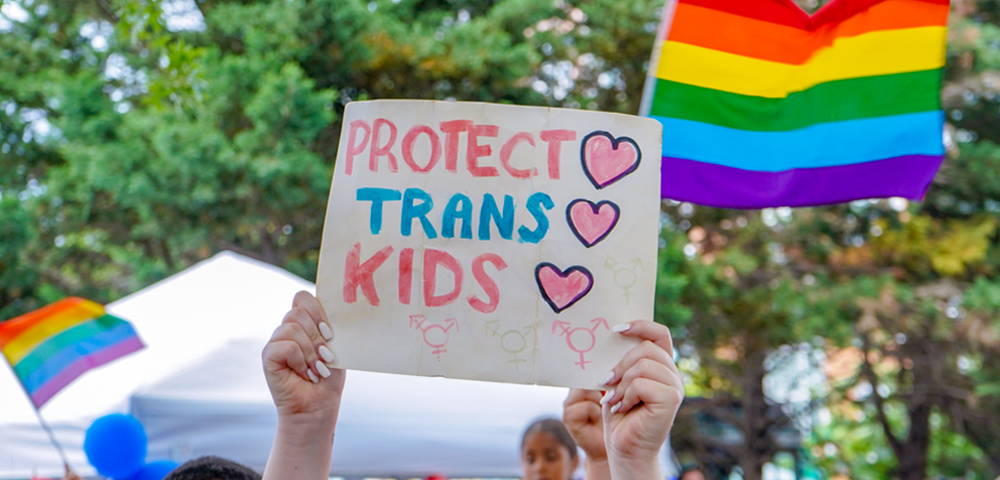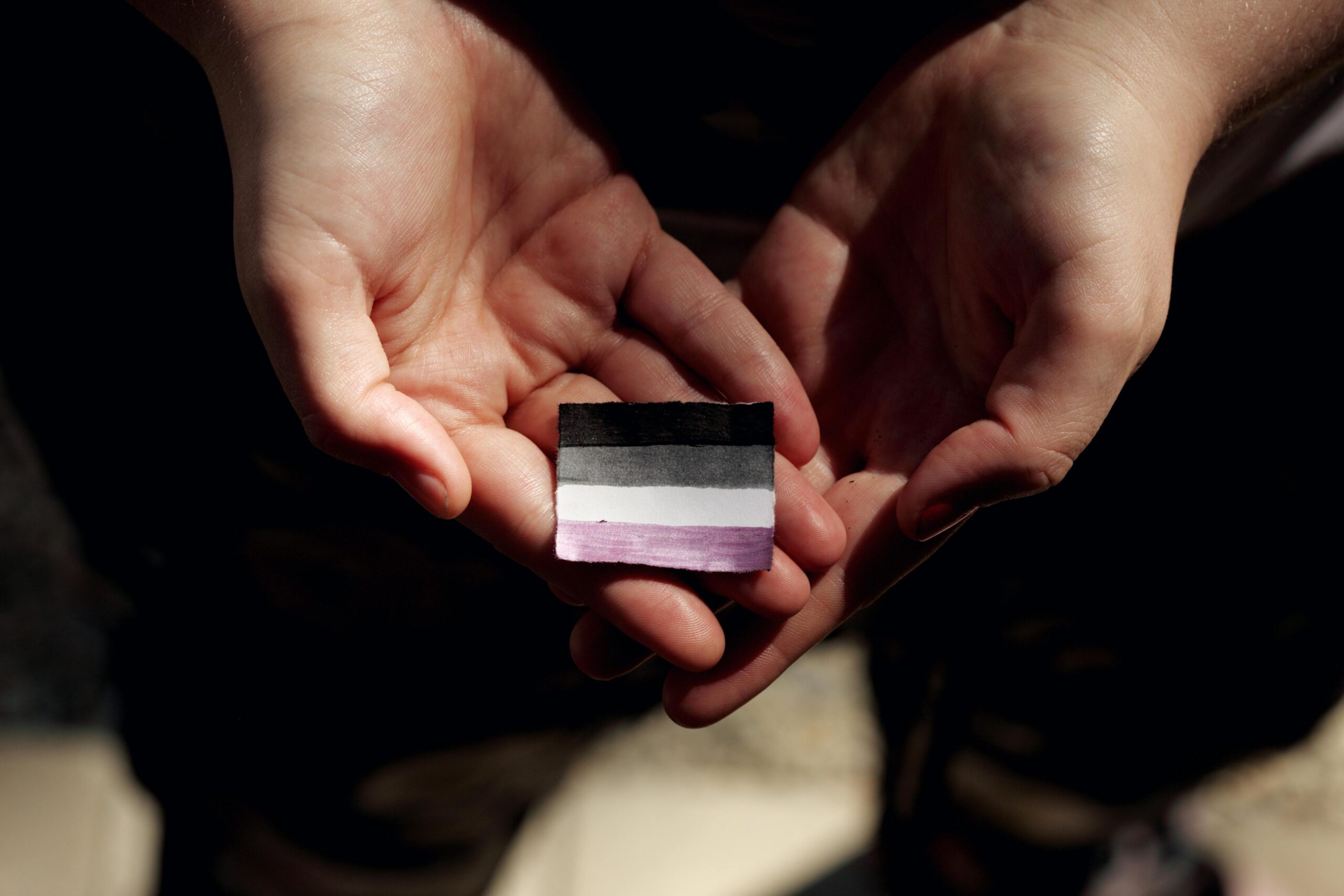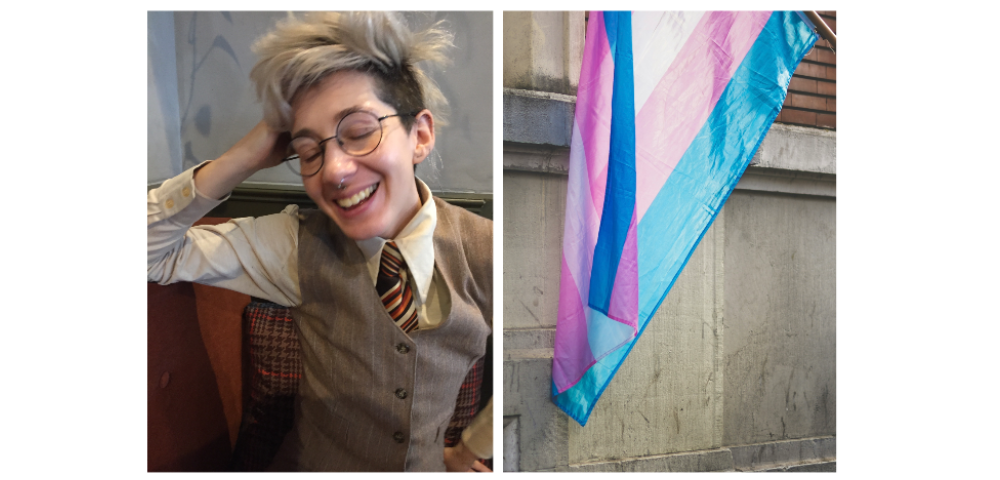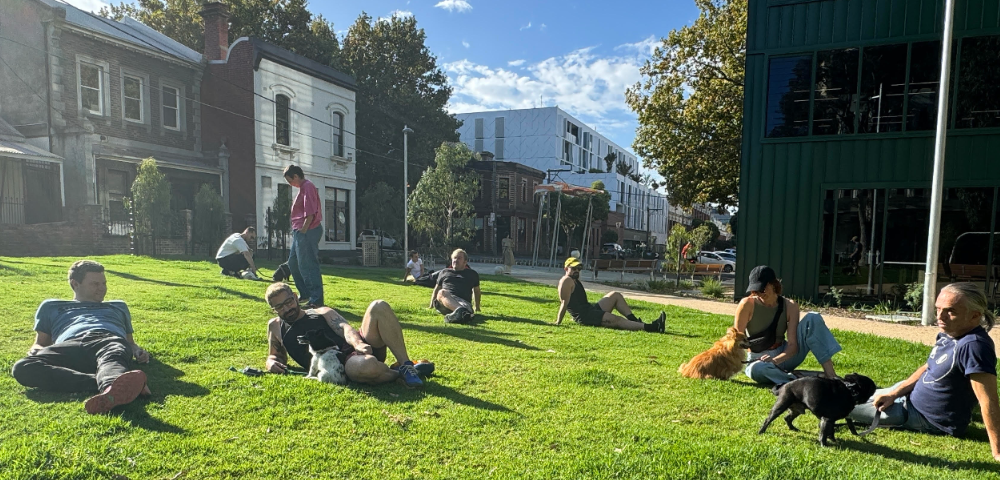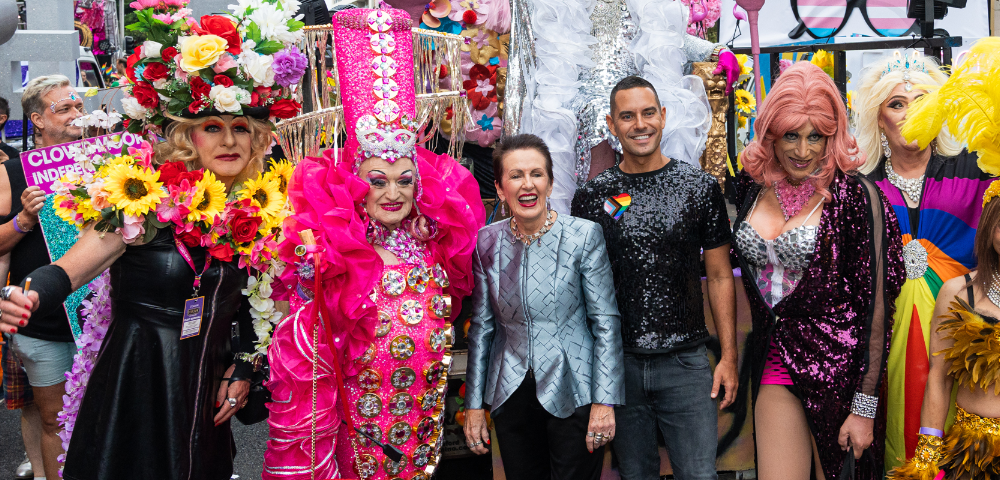

 Friday is the International Day Against Homophobia (IDAHO). In one of my first columns this year I discussed some of my 2013 election priorities. I think IDAHO presents a great opportunity to get one of those issues onto the national agenda – queer mental health.
Friday is the International Day Against Homophobia (IDAHO). In one of my first columns this year I discussed some of my 2013 election priorities. I think IDAHO presents a great opportunity to get one of those issues onto the national agenda – queer mental health.
It is well documented that queer people suffer higher rates of mental health problems. Psychologists for marriage equality have discussed what they call called “minority stress”. As they say, “social prejudice, discrimination, and violence against lesbians, gay men, and bisexuals play a significant role in the mental health outcomes” of these groups. And the statistics show the impact of this. LGBTIQ community members generally have higher depression and suicide rates, and larger drug and alcohol abuse problems. A research scoping paper commissioned by the national depression initiative, beyondblue, in December 2008 found that same-sex attracted people, in particular women, are the most susceptible group to depression and suicide in our community.
With an election coming up I think we have an opportunity to tackle this. There are many issues that need to be address. For example, the National LGBTI Health Alliance identify four things our government should be doing; (1) support and fund prevention and early intervention programs that seek to address LGBTI mental health issues, particularly for young people, (2) support and fund programs that address the issue of dual diagnosis among LGBTI people (i.e mental health and problematic drug/alcohol use), (3) ensure that LGBTI people with mental health issues are able to properly access existing mental health services and (4) support a strengths-based, holistic approach that promotes the resilience of LGBTI people. These are ways that we can ensure queer people have the best access to mental health services as possible.
But the issue goes beyond this. The route cause of these problems is our queerphobic society, meaning tackling queerphobia is essential to tackling mental health problems. The government has the capacity to do a lot about this. The ACT government, for example, has invested in anti-homophobia campaigns in schools and sport. Programs like this could and should be rolled out across the community. In Sweden, the government and community alike have been working on programs to break down the gender binary – an essential way to deal with transphobia. These are just a couple of examples. Campaigns like this, particularly in our more conservative parts, could have the potential to dramatically shift community opinion, breaking down homophobia at its heart.
IDAHO provides us with an opportunity to put queer mental health on the agenda. This is a broad ranging agenda, and with an election just around the corner, we have a real opportunity to make big strides in this area.




